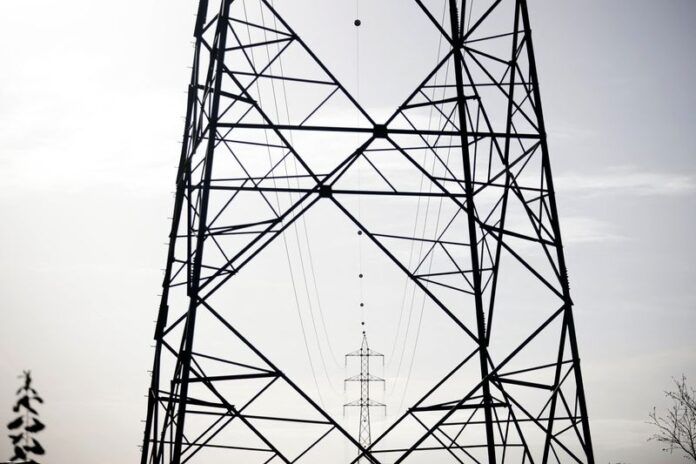The European Commission is set to propose a revamp of Europe‘s electricity market rules on Tuesday, aimed at expanding the use of fixed-price power contracts to shield consumers from severe price spikes like those experienced last year, according to Reuters.
The European Union vowed to overhaul its electricity market after cuts to Russian gas after its invasion of Ukraine last year sent European power prices soaring to record highs, forcing industries to close and hiking households’ bills.
Draft versions of the EU proposal, seen by Reuters, outline measures designed to make consumers less exposed to short-term swings in fossil fuel prices – by nudging countries to use more contracts that lock in stable, long-term electricity prices.
Future state support for new investments in wind, solar, geothermal, hydropower and nuclear electricity, for example, must be done through a two-way contract for difference (CfD).
Two-way CfDs offer generators a fixed „strike price” for their electricity, regardless of the price in short-term energy markets.
Countries would also need to do more to encourage power purchase agreements (PPA) – another type of long-term contract to directly buy electricity from a generator – such as by providing state guarantees for such contracts.
Fossil fuel-powered generators would not receive this support. The aim is to direct support towards the huge investments in renewable energy EU countries need to quit Russian fossil fuels and meet climate change goals.
Other elements aim to push gas out of Europe’s energy mix faster – for example, by requiring countries to expand energy storage and other alternatives to replace the role gas plants play in balancing the power grid.
Currently, power prices in Europe are set by the final generator needed to meet overall demand. Often, that is a gas plant, so gas price spikes – like those caused last year by Russia slashing gas deliveries – can send electricity prices soaring.
Despite Brussels pitching the reforms last year as a chance to “decouple” gas and power prices, the draft proposal – which could still change before it is published – avoids the deep electricity market reform that countries, including Spain and France, have called for, opting instead for more limited tweaks to stabilise prices.
Another camp of countries, including Germany, Denmark and Latvia, have warned major changes could scare off investors.
EU countries and the European Parliament must negotiate and approve the final rules, with some pushing for a deal by the end of the year.
Marco Foresti, market design manager at the European Network of Transmission System Operators (ENTSO-E), said the draft proposals had been met with “a bit of a sigh of relief” among those concerned about disrupting the functioning of short-term energy markets.


